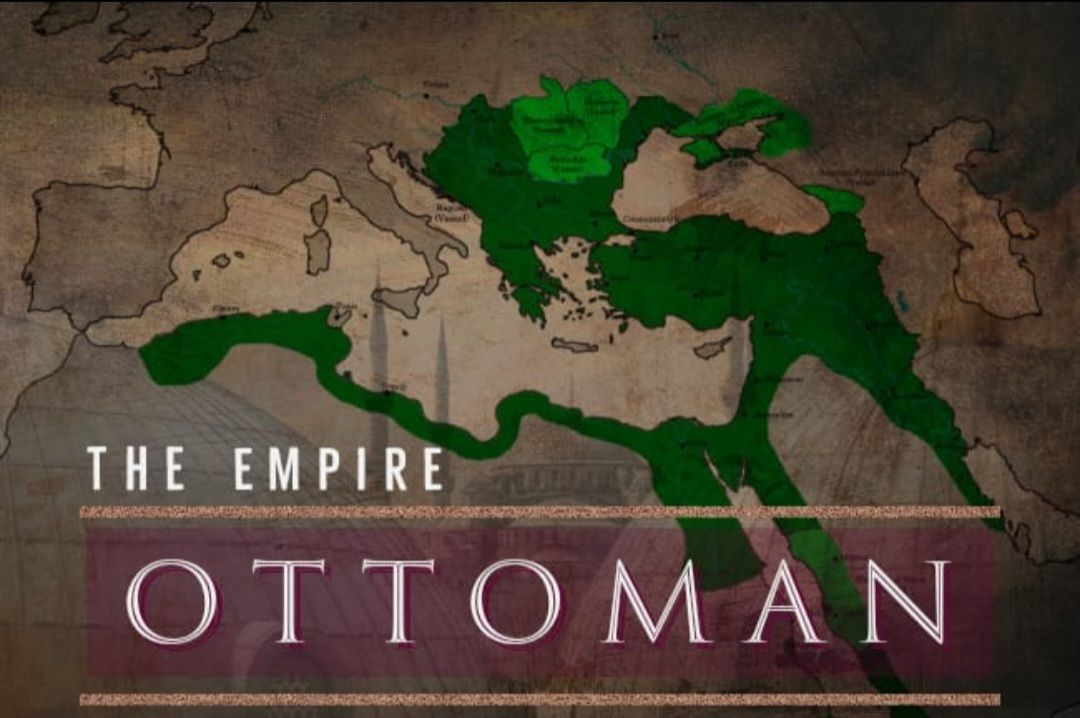
[35] Ascent and Decline of The Ottoman Empire
In The Name of Allah, The Most Merciful, The Bestower of Mercy.
Sultan Abdul Hamid I
Continued..
He was appointed to the caliphate following his brother Murad, on Thursday, 11 Sha’ban 1293 AH (31 August 1876), at which time he was thirty-four years old. The ministers, dignitaries, and senior officials from both civilian and military sectors were present at the ceremony in the Tuwaiq Palace. Cannons were fired throughout the empire in celebration of this occasion, and decorations were displayed across all areas of Istanbul for three days. The Grand Vizier sent telegrams to countries around the world to inform them of this event. He appointed Mehmed Pasha as Grand Vizier, and then on December 23, 1293 AH (1876), he announced a constitution that guarantees civil liberties. It established the principle of parliamentary governance. According to this constitution, the parliament was composed of two chambers: the House of Representatives, or Envoys, and the Senate or Council of Elders.
He faced the hardhandedness of the ministers at the onset of his reign, alongside the intensification of their Westernisation policies led by the Young Ottomans Society, which included the educated elite influenced by the West. This group was manipulated by Masonic hands to serve their objectives. The extent of the ministers’ despotism was such that Mehmed Pasha, in his capacity as the head of the Young Ottomans, wrote to Sultan Abdul Hamid at the beginning of his rule (1877): “Our intention in declaring the constitution was solely to eliminate despotism, to clarify Your Majesty’s rights and obligations, to define the roles of ministers, and to ensure the freedom and rights of all individuals, so that the country may advance to higher levels of progress. I will obey your command as long as it does not contradict the interests of the nation.” He stated: “I found that Medhat Pasha appointed himself as a ruler and guardian, and in his dealings, he was far from constitutionalism and closer to despotism”
Medhat Pasha and his Masonic associates were known to indulge in alcohol. Sultan Abdul Hamid noted in his memoirs: “It is well-known that the intellectuals and poets of that era gathered on the evening of the issuance of the Basic Law decree at Medhat Pasha’s palace, not to discuss state matters, but rather to engage in expressions of gratitude and revelry, while consuming wine. Medhat Pasha had been a heavy drinker since his youth, a fact well recognised. The intoxication from the wine coincided with the exhilaration brought about by the announcement of the Basic Law. When Medhat Pasha rose from the dining table, he leaned on the arms of others to avoid falling. As he washed his hands, he addressed his brother-in-law, Tosun Pasha, while his tongue was swaying in his mouth due to the effects of the alcohol: ‘O Pasha! Who can now, after all that I have achieved, remove me from my position? Who? Tell me, how many years will I remain in this supreme position?’ Tosun Pasha responded by saying: ‘If you continue in this manner, it will not be more than a week’. Medhat Pasha, during his private drinking gatherings, would divulge the most sensitive state secrets, and these secrets would spread the following day among the people of Istanbul. One night, Medhat Pasha spoke of his intention to declare a republic in the Ottoman Empire, stating that he would become the President of the new Ottoman Republic, and then its Emperor. This was reminiscent of what had occurred with Napoleon III in France”. [Footnote a]
An Excerpt from ‘Ad-Dawlah Al-Uthmaaniyyah Awaamil An-Nuhood Wa Asbaab As-Suqoot. 6/444-446
Footnote a: The reference to this individual’s alcohol consumption and inebriation is not something we can confirm; rather, the burden of proof lies with the author who made this claim. Given that this is a historical text, readers are encouraged to conduct further research on the subject. Our role is simply to relay what is presented in the historical narrative provided by the author, and we have not encountered any evidence to support or refute the assertions made by the author. Therefore, we withhold judgment regarding him in this context until definitive evidence is presented to us. Similarly, we have no proof to substantiate his involvement in masonic activities; therefore, it is the responsibility of the reader to conduct further investigation.

